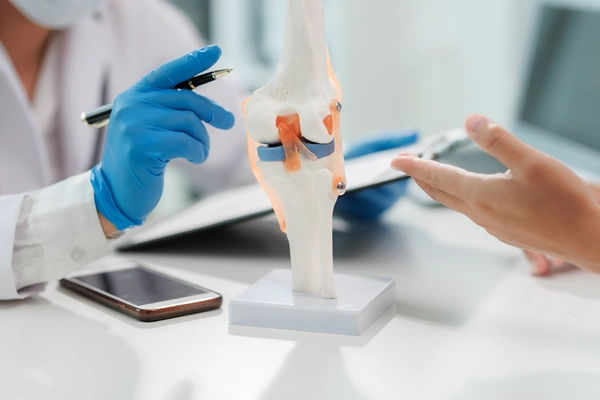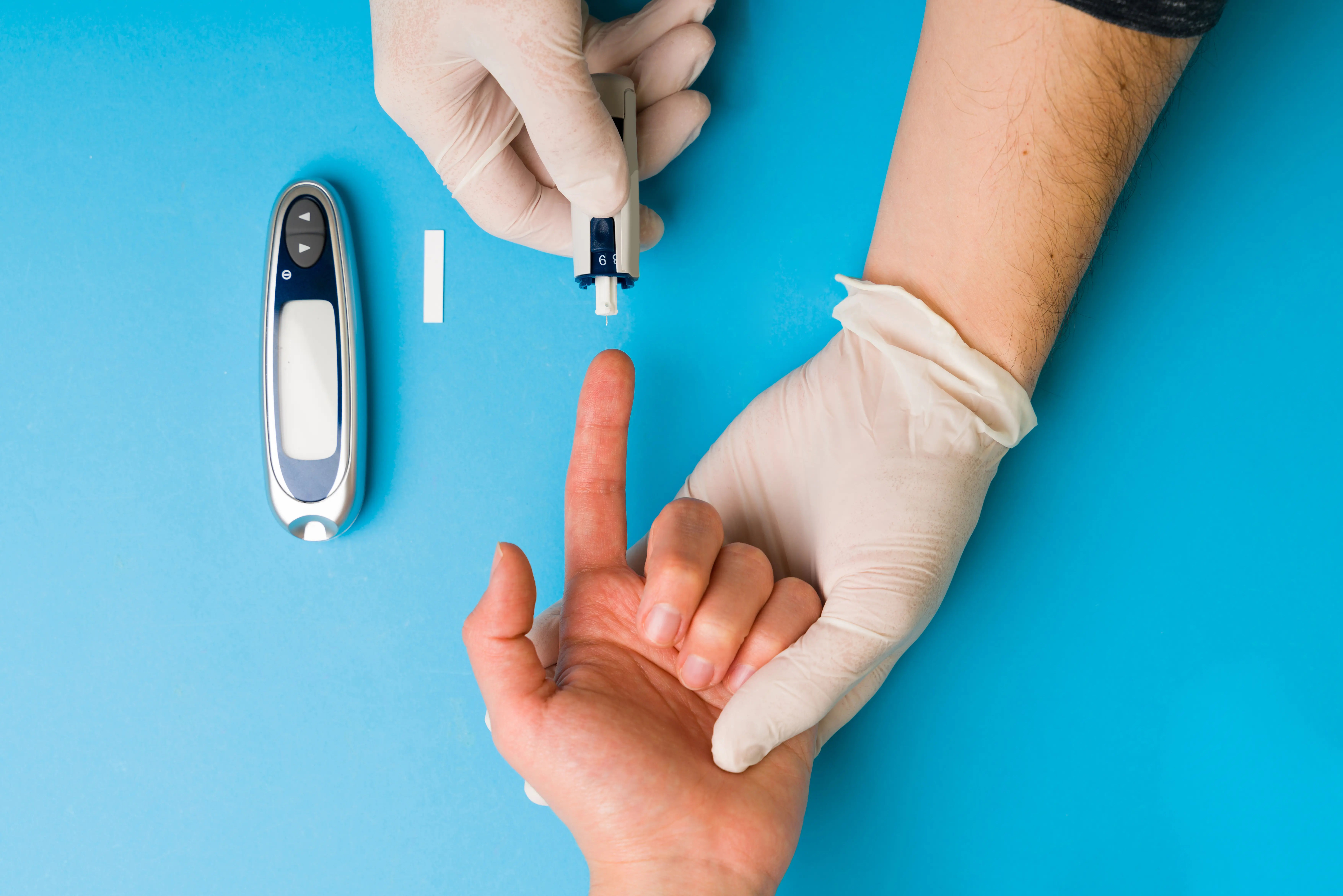Yellow Fever Overview and Health Information
Get a clear overview of Yellow Fever, a serious viral disease. Learn about its causes, symptoms, and the critical importance of vaccination for prevention and travel health.

Written by Dr. J T Hema Pratima
Reviewed by Dr. Rohinipriyanka Pondugula MBBS
Last updated on 9th Aug, 2025

Yellow fever is a serious viral infection spread by mosquitoes, primarily in tropical and subtropical regions of Africa and South America. While it can be mild in some cases, severe yellow fever can lead to lifethreatening complications. Understanding the symptoms, causes, and prevention methods can help you stay safe, especially if you live in or plan to travel to affected areas.
What Is Yellow Fever?
Yellow fever is caused by the yellow fever virus, which belongs to the flavivirus family (the same family as dengue and Zika viruses). It is transmitted through the bite of infected Aedes or Haemagogus mosquitoes. The name "yellow fever" comes from the jaundice (yellowing of the skin and eyes) that occurs in some patients due to liver damage.
Symptoms of Yellow Fever
Symptoms usually appear 3 to 6 days after being bitten by an infected mosquito. The disease has three phases:
1. Acute Phase (Mild Symptoms)
Fever
Headache
Muscle and joint pain
Nausea and vomiting
Loss of appetite
Dizziness
Most people recover from this phase within 3 to 4 days.
2. Remission Phase (Temporary Recovery)
Some patients feel better for a short time (24 to 48 hours) before entering the toxic phase.
3. Toxic Phase (Severe Symptoms – Affects 15% of Cases)
High fever
Jaundice (yellow skin and eyes)
Dark urine (due to liver damage)
Abdominal pain and vomiting (sometimes with blood)
Bleeding from nose, mouth, or eyes
Organ failure (liver, kidneys, heart)
Note: The toxic phase is lifethreatening, and about 2050% of severe cases can be fatal. Immediate medical care is crucial.
Who Is at Risk?
People living in or traveling to Africa (e.g., Nigeria, Ghana, Angola) and South America (e.g., Brazil, Peru, Colombia).
Those who haven’t been vaccinated against yellow fever.
Individuals with weakened immune systems (e.g., HIV, cancer patients).
How Is Yellow Fever Diagnosed?
Doctors diagnose yellow fever through:
Blood tests (to detect the virus or antibodies).
Liver function tests (to check for organ damage).
Travel history (to confirm exposure risk).
If you experience symptoms after visiting a high risk area, seek medical help immediately.
Treatment Options
There is no specific antiviral treatment for yellow fever. Doctors focus on:
Managing symptoms (pain relief, hydration).
Hospitalization for severe cases (supportive care for organ failure).
Avoiding aspirin or NSAIDs (they can increase bleeding risk).
Consult a Top General Physician for the best advice
Prevention: The Best Protection
The best ways of protection includes:
1. Get Vaccinated
The yellow fever vaccine is highly effective (provides lifelong immunity in most cases). It is required for travel to certain countries.
Who should get vaccinated?
Travelers to high-risk areas (at least 10 days before travel).
People living in affected regions.
Who should avoid the vaccine?
Infants under 6 months.
Pregnant women (unless high risk).
People with severe allergies to vaccine components.
Those with weakened immune systems (consult a doctor first).
2. Avoid Mosquito Bites
Use EPA-approved insect repellents (DEET, picaridin).
Wear longsleeved clothing and pants.
Sleep under mosquito nets (especially in rural areas).
Stay in air-conditioned or screened rooms.
3. Eliminate Mosquito Breeding Sites
Remove standing water (where mosquitoes breed).
Use larvicides in water storage containers.
When to See a Doctor?
Seek emergency care if you experience:
High fever with jaundice.
Severe vomiting or bleeding.
Confusion or extreme fatigue.
If you're planning to travel to a yellow fever zone, consult a doctor for vaccination advice before your trip.
Final Thoughts
Yellow fever is a preventable disease, but it can be deadly if not treated early. Vaccination and mosquito protection are the best ways to stay safe. If you’re traveling to an affected region, take precautions and stay informed.
Need Help?
If you suspect yellow fever symptoms or need vaccination advice, consult a healthcare provider immediately. You can also book a consultation or schedule a test through Apollo 24|7 for expert guidance.
Stay safe and take care of your health!
Consult a Top General Physician
Consult a Top General Physician for the best advice

Dr Syed Mateen Pasha
General Physician
2 Years • MBBS
Bengaluru
PRESTIGE SHANTHINIKETAN - SOCIETY CLINIC, Bengaluru

Dr. Anand Ravi
General Physician
2 Years • MBBS
Bengaluru
PRESTIGE SHANTHINIKETAN - SOCIETY CLINIC, Bengaluru

Dr. Mohamed Azeem
General Physician/ Internal Medicine Specialist
2 Years • MBBS,MD(Internal Medicine) CCEBDM
Karaikudi
Apollo Hospitals Karaikudi, Karaikudi

Dr. Harshendra Jaiswal
General Physician/ Internal Medicine Specialist
12 Years • MBBS , MD (General medicine)
Kolkata
108 DHANA DHANVANTARI Clinic, Kolkata
(25+ Patients)

Dr. M L Ezhilarasan
General Practitioner
6 Years • MBBS
Visakhapatnam
Apollo 24|7 Clinic - Andhra Pradesh, Visakhapatnam
Consult a Top General Physician

Dr Syed Mateen Pasha
General Physician
2 Years • MBBS
Bengaluru
PRESTIGE SHANTHINIKETAN - SOCIETY CLINIC, Bengaluru

Dr. Anand Ravi
General Physician
2 Years • MBBS
Bengaluru
PRESTIGE SHANTHINIKETAN - SOCIETY CLINIC, Bengaluru

Dr. Mohamed Azeem
General Physician/ Internal Medicine Specialist
2 Years • MBBS,MD(Internal Medicine) CCEBDM
Karaikudi
Apollo Hospitals Karaikudi, Karaikudi

Dr. Harshendra Jaiswal
General Physician/ Internal Medicine Specialist
12 Years • MBBS , MD (General medicine)
Kolkata
108 DHANA DHANVANTARI Clinic, Kolkata
(25+ Patients)

Dr. M L Ezhilarasan
General Practitioner
6 Years • MBBS
Visakhapatnam
Apollo 24|7 Clinic - Andhra Pradesh, Visakhapatnam




